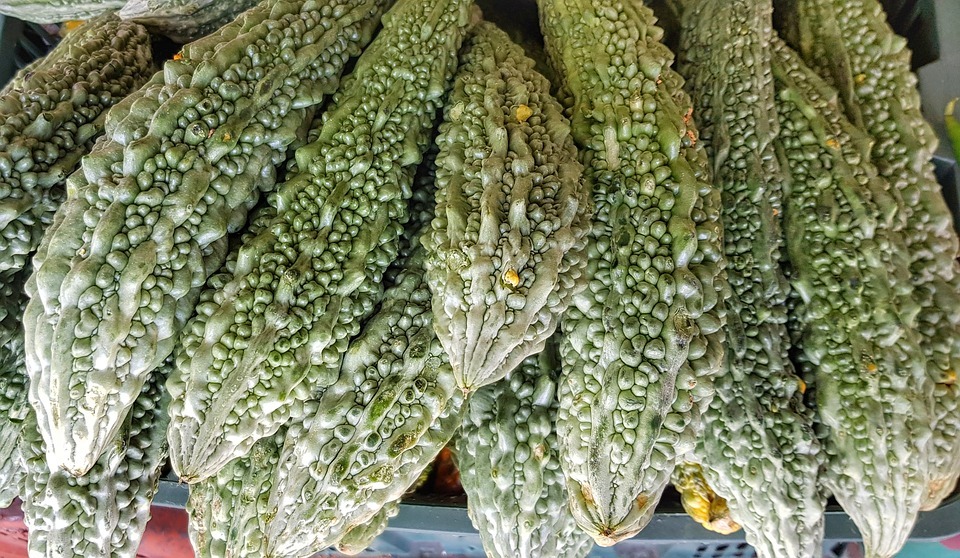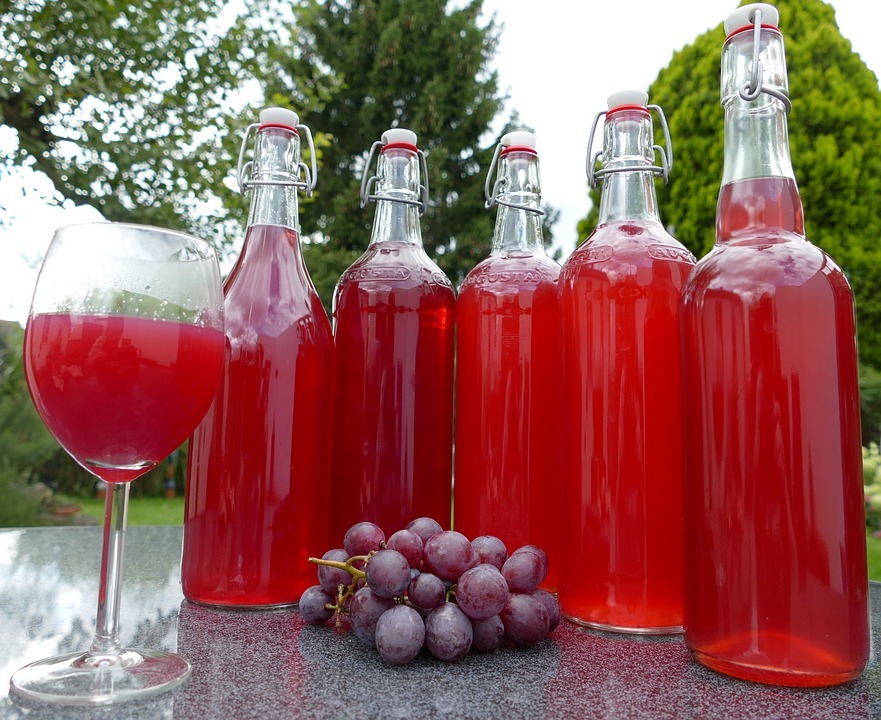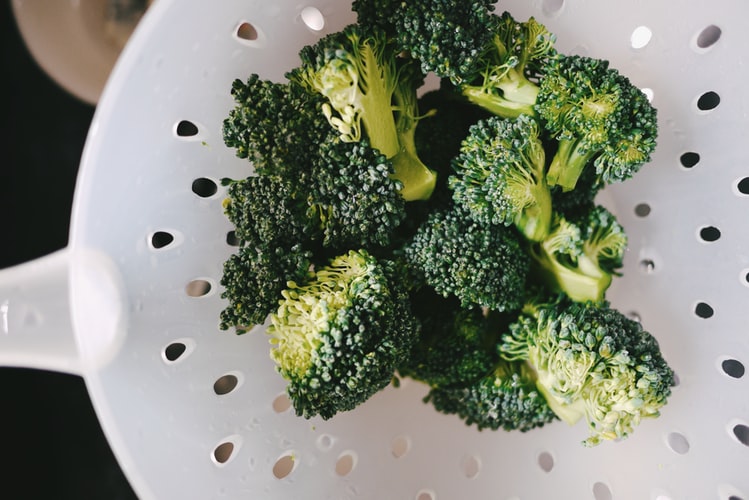How Long Does Homemade Juice Last in the Fridge?
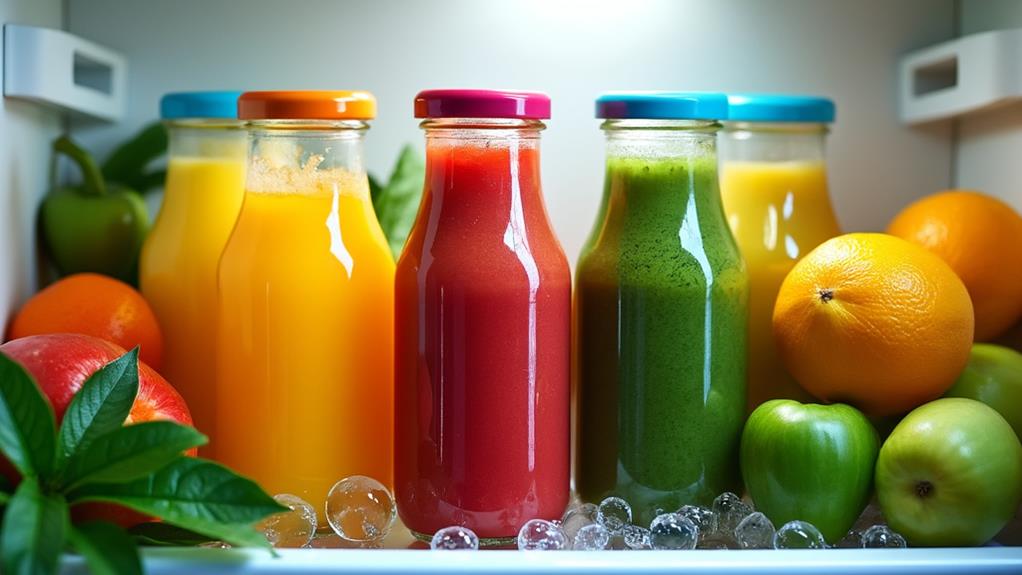
Homemade juice generally lasts 24 hours to 5 days in the fridge, influenced by factors like juicer type and storage methods. If you use a centrifugal juicer, aim for a 24-hour consumption window. Masticating juicers offer 2-3 days of freshness, while twin gear juicers can keep juice fresh for up to 5 days. For best results, store your juice in airtight glass containers in the coldest fridge spot to prevent spoilage. Adding a splash of lemon juice can even extend its shelf life. By ensuring proper storage and understanding these nuances, you can enjoy fresh juice longer. Curious to investigate further ways for maximum freshness?
Factors Affecting Juice Longevity
Several factors determine how long your homemade juice will stay fresh. The type of juicer you use is critical. If you have a centrifugal juicer, your juice lasts about 24 hours. In contrast, a masticating juicer extends this to 2-3 days, while a twin gear juicer can keep your juice fresh for up to 4-5 days. The freshness of ingredients also plays a major role. Using organic produce not only improves nutritional content but also extends the shelf life, thanks to fewer pesticides.
The acidity level of your juice is another important factor. Highly acidic juices, such as those from citrus fruits, tend to spoil slower, extending how long your juice lasts. Proper storage methods are necessary too. By using airtight glass containers, you can greatly extend the shelf life of your homemade juice. Temperature fluctuations in your refrigerator can speed up spoilage, so it's crucial to store your juice in the coldest part of the fridge to maintain its freshness.
Optimal Storage Techniques
Proper storage is key to maintaining the freshness of your homemade juice. To guarantee it stays fresh and delicious, you'll want to follow these ideal storage techniques. Initially, always store your juice in airtight glass containers. This minimizes oxidation and helps extend the shelf life. Fill them to the brim to reduce air exposure, which can spoil the juice faster.
Second, refrigerate your juice immediately in the coldest part of the fridge, typically at the back. Keeping containers tightly sealed here guarantees superior temperature stability and prevents temperature fluctuations. This not only keeps your juice fresh but also tasty for a longer period.
Incorporating natural preservatives like lemon juice can also be beneficial. A splash of lemon juice can extend the juice's shelf life, allowing it to last up to 3-5 days in the fridge.
Don't forget to label each container with the date of preparation. This helps you easily track freshness and guarantees you consume the juice within the recommended time frame. Follow these steps and your homemade juice will stay fresher, longer. Here's a quick recap:
- Use airtight glass containers.
- Refrigerate immediately.
- Add lemon juice for preservation.
Signs of Spoilage
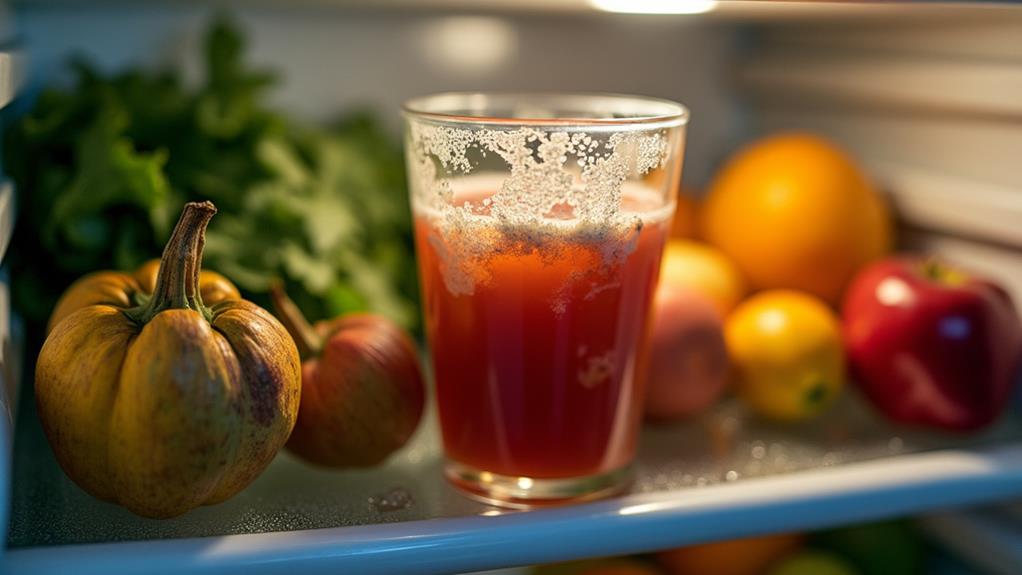
With regard to spotting spoilage in your homemade juice, trust your senses. A strong odor, particularly one that's putrid or unfamiliar, is a red flag. Such smells often indicate fermentation or spoilage, signaling that the juice isn't safe to consume. Pay attention to changes in color. If your juice appears brown or dull, it's likely experiencing oxidation, which degrades its quality.
Another clear sign is the presence of mold or sediment. These make the juice downright unsafe to drink. A sour taste is also a warning that should not be ignored, as it suggests potential spoilage. While separation of liquid and pulp can be normal, if you notice brown foam or a sour taste accompanying it, it's wise to discard the juice.
Nutrient Retention Over Time
The lively colors and fresh flavors of homemade juice don't just appeal to the senses; they also signify a rich bounty of nutrients. Yet, the nutrient content of your fresh juice, especially vitamin C, can start to decline rapidly due to oxygen exposure and light. Ideally, you should consume these juices immediately to get the most health benefits. Here's a simple guide to help you manage nutrient retention:
- Timing is Key: Homemade juices should be consumed within 20-30 minutes of preparation. This guarantees you're getting the maximum amount of nutrients, especially vitamin C, which is highly sensitive to oxidation.
- Refrigeration Matters: If you can't drink your juice right away, store it in the fridge. Though refrigeration helps, aim to consume within 24 hours for best nutrient density. With proper techniques, they can last 3-5 days but with reduced nutrient content.
- Consider Freezing: To extend the shelf life beyond refrigeration, freezing juice is a great option. This method preserves vitamins and enzymes effectively for up to six months, allowing you to maintain nutritional value over time.
Extending Shelf Life
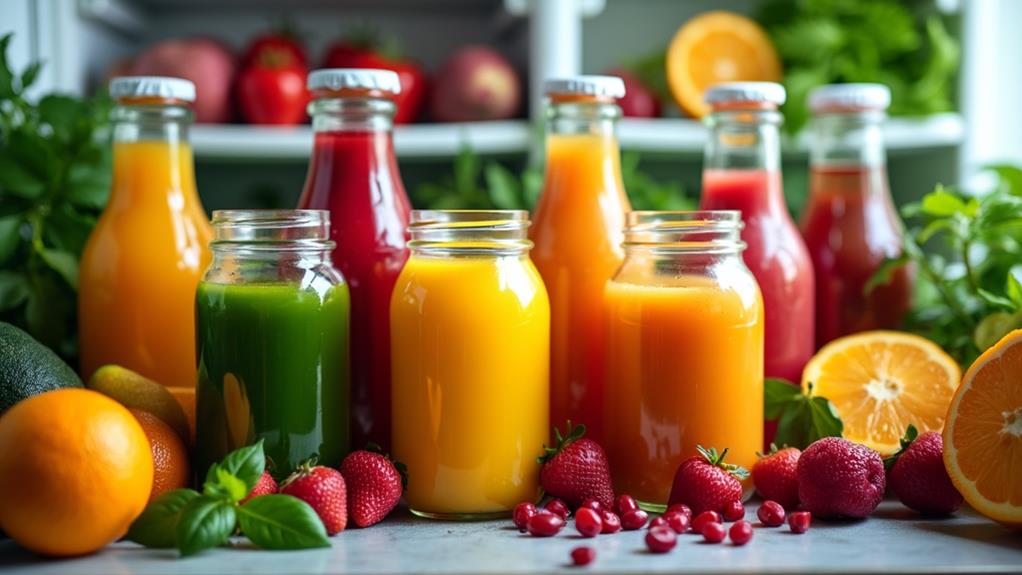
You can effectively extend the shelf life of homemade juice with a few smart strategies. Start by storing your juice in airtight glass containers. This helps keep it fresh for 24-48 hours, and if you're using citrus fruits, you might get up to 72 hours due to their natural preservatives. For a longer shelf life, consider freezing your juice. This method retains more nutrients than refrigeration and can prolong freshness for 6-12 months, especially when using airtight, vacuum-sealed containers.
To further prolong the quality and freshness of your juice, incorporate natural preservatives like lemon juice or vitamin E. These can extend the shelf life to 3-5 days by inhibiting microbial growth. Moreover, keeping your juice in the coldest part of the refrigerator, typically at the back, minimizes temperature fluctuations and helps slow down spoilage.
If you're looking to extend the refrigerated shelf life even more, consider high-pressure processing (HPP) methods. While this can extend the shelf life to over 10 days, be aware that some nutrient loss might occur. By applying these techniques, you can enjoy fresh, high-quality homemade juice for longer periods.
Choosing the Right Juicer
After taking steps to extend the shelf life of your homemade juice, selecting the right juicer plays an essential role in how long your juice stays fresh. The juicing process impacts how long your juice will last in the fridge. Here's a quick guide to assist you in choosing:
- Centrifugal Juicer: These juicers operate at high speeds, introducing more air and causing faster oxidation. Juice from centrifugal juicers typically lasts up to 24 hours. If you're in a hurry, this option is quick but might not offer maximum nutrition.
- Masticating Juicers: These use a slower grinding action, resulting in quality juice with better nutrient retention. Masticating juicers help prevent air from entering the juice, prolonging the juice shelf life to 2-3 days. They're ideal if you aim for maximum nutrition and quality juice.
- Twin Gear Juicers: For the longest-lasting juice, these juicers extend the shelf life to 4-5 days. They work slowly to minimize oxidation and guarantee maximum nutrient preservation.
Consider how often you'll juice and how long you want your juice in the fridge. For quality juice and health benefits, investing in a higher-quality juicer like the Hurom H-AA series might be worthwhile.

